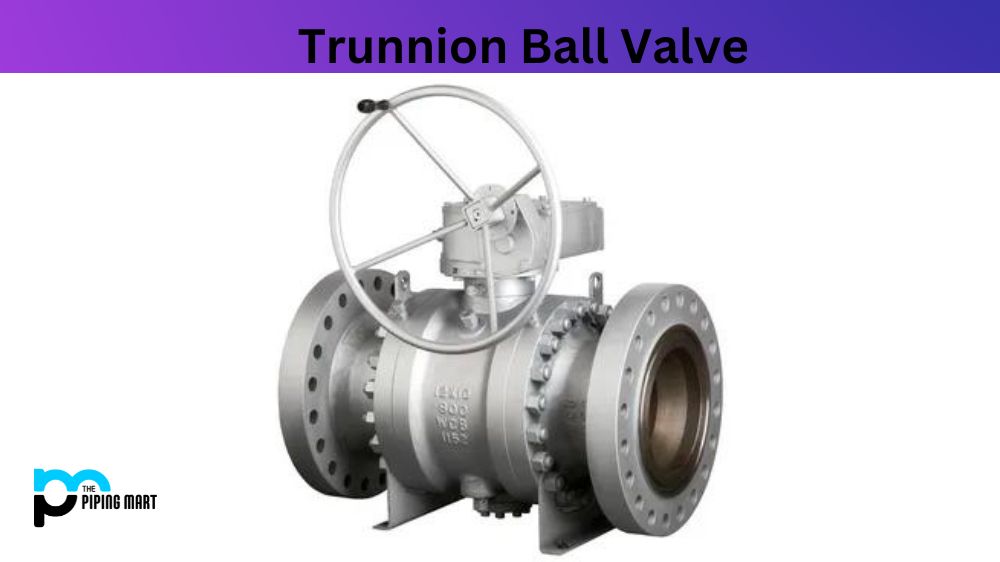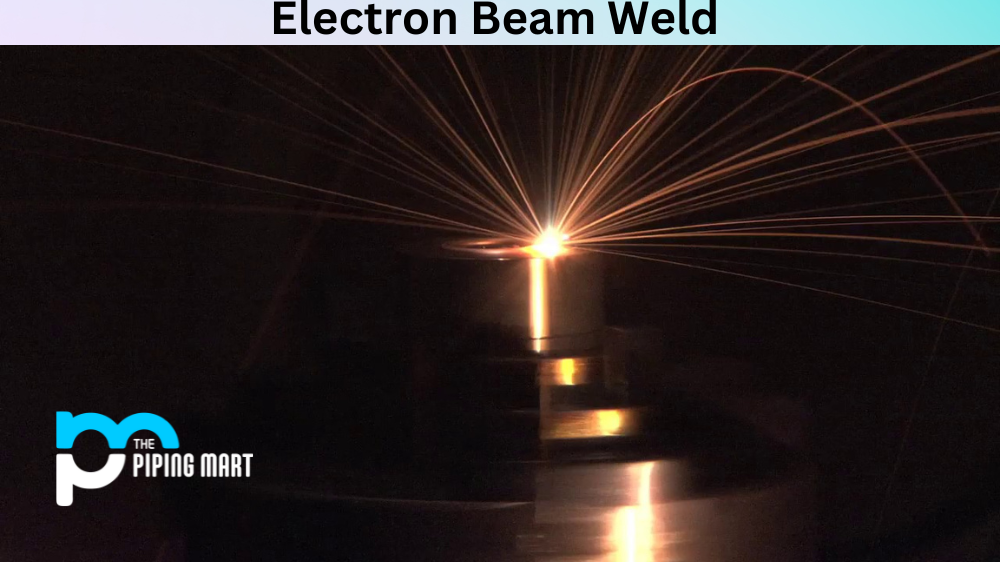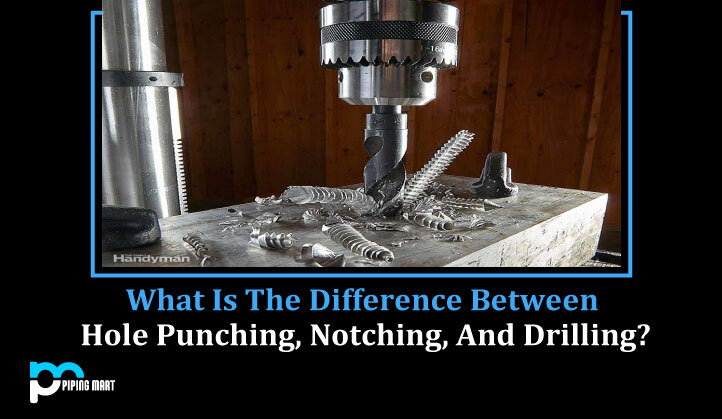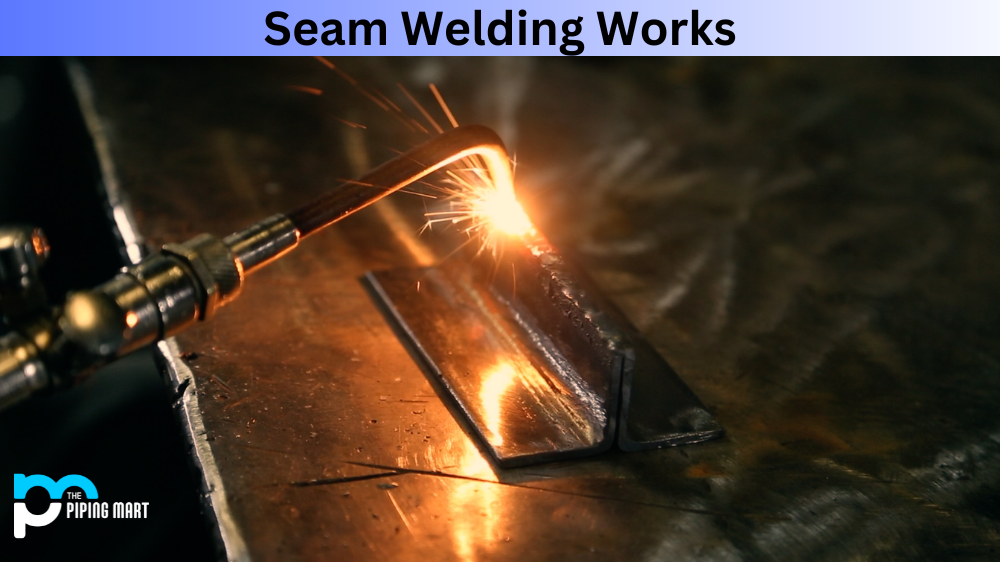Valves are essential parts of any piping system used to regulate the flow of fluids or gases. Among the different types of valves, trunnion ball valves have become popular due to their durability, reliability and cost-effectiveness. However, like any other valve, the trunnion ball valve has pros and cons. This blog will discuss the advantages and disadvantages of using the trunnion ball valve.
What is Trunnion Ball Valve?
A trunnion ball valve is a type of quarter-turn valve characterized by the presence of two hollow, trunnion-mounted spheres positioned at both ends of the valve. It utilizes a floating ball that functions as an effective seal for controlling the flow and pressure within pipeline systems. This makes it ideal for applications requiring high safety and tight shutoff capability.
Advantages of Trunnion Ball Valve:
Enhanced Durability: One of the primary advantages of using trunnion ball valves is their durability. These valves are made with high-quality materials such as carbon steel, stainless steel, or aluminium, making them resistant to corrosion, wear, and tear. They can withstand high-pressure and high-temperature conditions, ensuring a longer lifespan.
Reliable shut-off: Another benefit of using trunnion ball valves is that they provide a reliable shut-off. These valves have a quarter-turn operation that allows for quick opening and closing, making them more efficient than other valves. This feature also makes them ideal for controlling flow in emergencies.
Suitable for high-pressure applications: Trunnion ball valves are designed to handle high-pressure applications, making them suitable for industries like oil and gas, chemical, and petrochemical. They also perform well when fluid or gas flow needs to be regulated.
Disadvantages of Trunnion Ball Valve:
Higher cost: Although the initial cost of a trunnion ball valve is lower than some other types of valves, it is still more expensive than a standard floating ball valve. The high cost is because of the superior materials and manufacturing processes required to create trunnion ball valves.
Complex design: The trunnion ball valve has a complex design that requires experienced professionals to install and maintain it. They may also need specialized equipment for maintenance and repairs.
Limited availability: trunnion ball valves are less widely available in the market than floating ball valves. This can make acquiring replacements and spare parts more challenging.
Conclusion:
The trunnion ball valve is an excellent choice for high-pressure applications where reliability and durability are essential. Despite its higher cost and complex design, it offers more benefits than drawbacks. However, it depends on the specific needs of the piping system, and industry operators should weigh in on these factors before choosing the valve type to use. Above all, it is essential to choose the correct size, pressure rating, and material for the trunnion ball valve to ensure optimal performance, reliability, and minimal maintenance.
Meet Heer, a dynamic and driven writer learning tricks of her trade in the metal industry. With a background in Digital Marketing, Heer brings a unique perspective to her writing, sharing valuable insights. Apart from blogging she like reading and hiking.




